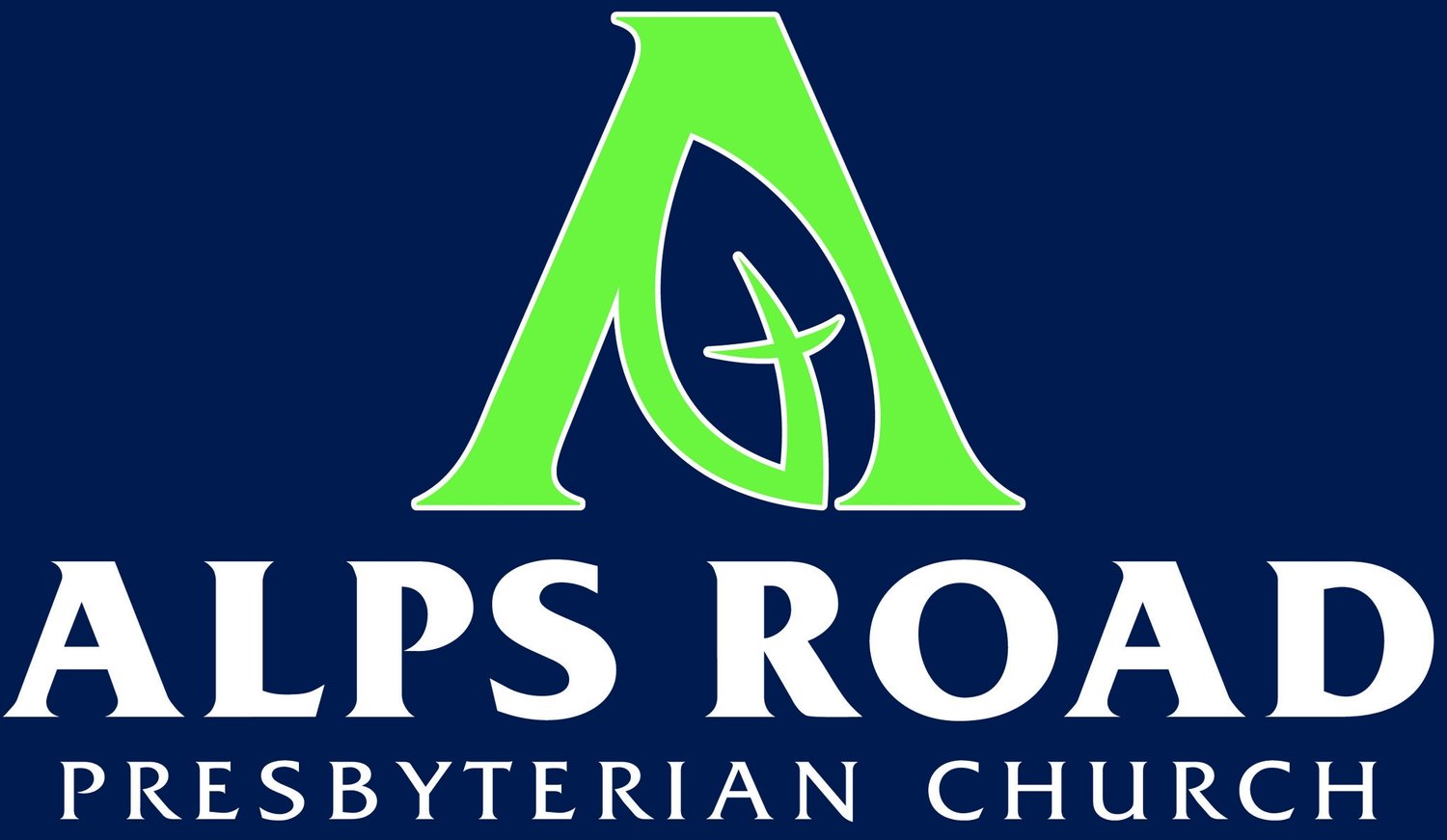Reformation and Civil Disobedience
“The grass withers, the flower fades, but the word of our God will stand forever.” Isaiah 40:8
While John Calvin is considered the “father” of Presbyterian theology, we owe much to John Knox. John Knox lived from 1514 until 1572. He was a young man who became involved in the struggle of Protestantism in Scotland against the Roman Catholic queen of Scotland.
What was the crux of the Scottish struggle? It was, first, about theological beliefs. The Protestant Reformation was not so much a debate about morals but correct theological beliefs. It was about what the church taught in the realms of forgiveness, salvation, and the sacraments. These things mattered, said the reformers, because only right belief leads people to salvation. Errors in doctrine obscure the gospel and make it harder for people to understand the faith. It is crucial for the church to think clearly about the faith and teach it correctly so people can embrace the gospel and be saved.
A second important issue in the Scottish Reformation was who had the right to control local churches. Church appointments came with a salary and, for that reason, were highly prized. Being appointed to a church did not mean one was required to perform the duties of a pastor, however, but only that one received income from it. Kings and queens often appointed their relatives and friends, which did not make for a vital and healthy church.
The question of civil disobedience was extremely important during the Scottish Reformation. Martin Luther had earlier taken the position that civil disobedience was not allowed by scripture. When the Peasants’ War broke out in Germany in 1524, he had given the nobility permission to crush it. This led to the slaughter of over 100,000 peasants and farmers who, though fighting for their rights, were poorly armed and ill equipped to fight. Most theologians today admit that Luther made a theological error, at least in his willingness to overlook the possibility of the mass slaughter that his position made possible.
Knox consulted with various scholars of his day on the question of civil disobedience. It was acknowledged by all that malice or personal envy were not sufficient cause for such actions. Knox, however, cited the prophetic warnings in the Old Testament to rulers such as Saul, Manasseh, Ahab, Herod, and Pharaoh. Knox believed that he, and others, were in the place of the prophets who called earthly rulers to repentance. Time should be given for conversation and repentance. If, however, no repentance took place, then civil disobedience and political change was warranted. It was, in fact, the people’s right. Though God had established the “office” of the civil authority, that did not excuse particular rulers for disobedience to the word of God. If rulers did not obey God’s laws, then they could be removed without violating God’s ordinances.
The reformation in Scotland would eventually win the day. Knox’s views on civil disobedience would be important, not only for the Scottish nation but also for the reformation of the church in England. They would also lay important groundwork for the American revolution. In the line of John Knox and others, the American patriots felt justified in rebelling against unjust rule. We owe many of the biblical and philosophical foundations for such views to John Knox.
